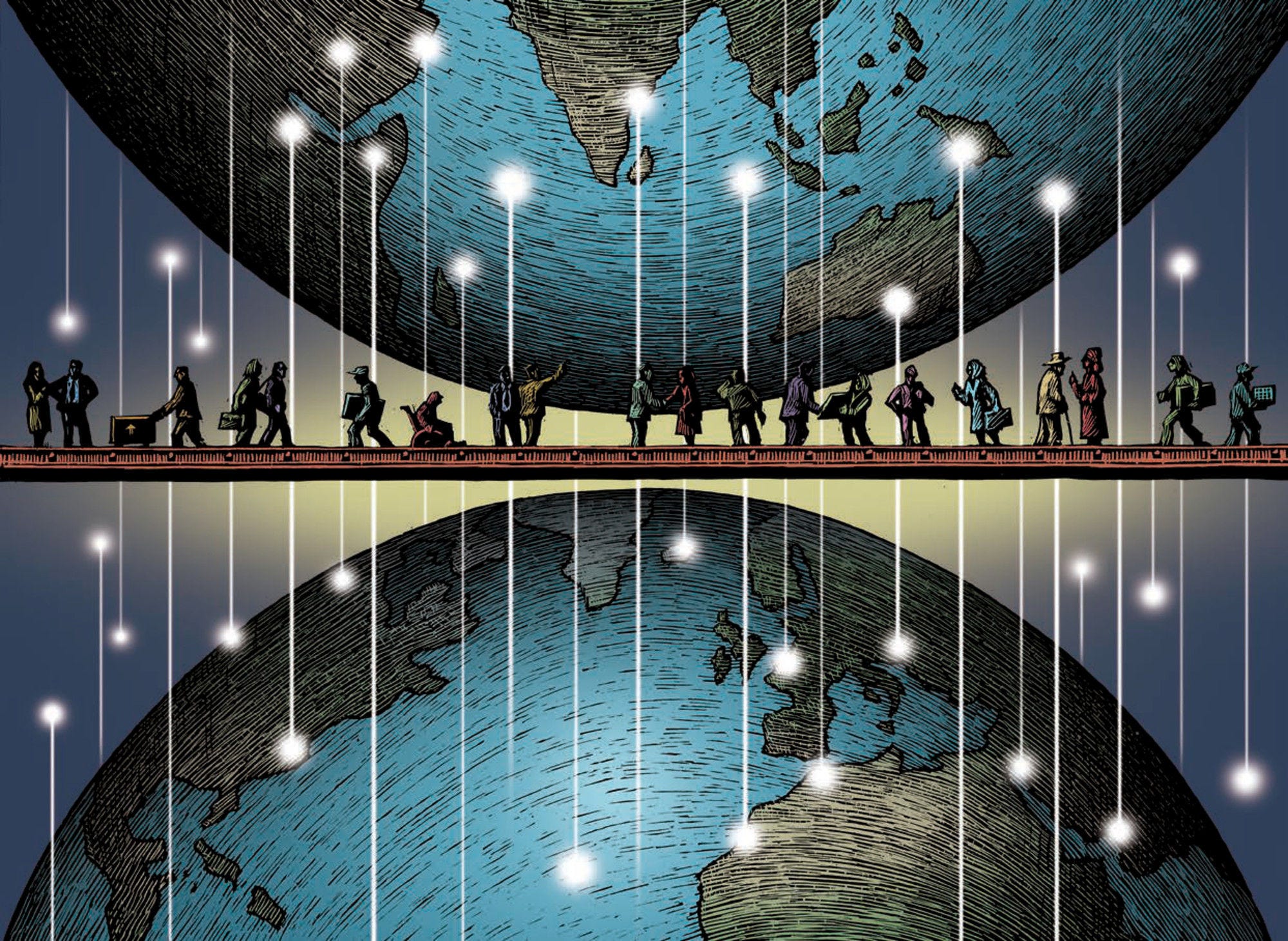In 2018, Japan received 115 000 new immigrants on a long-term or permanent basis (including changes of status), 15.8% more than in 2017. This figure comprises 57.4% labour migrants, 27.7% family members (including accompanying family) and 0.1% humanitarian migrants. Around 124 000 permits were issued to tertiary-level international students and 266 000 to temporary and seasonal labour migrants.
Viet Nam, China and Korea were the top three nationalities of newcomers in 2018. Among the top 15 countries of origin, Viet Nam registered the strongest increase (25 000) and Nepal the largest decrease (‑1 500) in flows to Japan compared to the previous year.
In 2019, the number of first asylum applicants decreased by ‑1.1%, to reach around 10 000. The majority of applicants came from Sri Lanka (1 500), Turkey (1 300) and Cambodia (1 300). The largest increase since 2018 concerned nationals of Turkey (+800) and the largest decrease nationals of the Philippines (‑800). Of the 10 000 decisions taken in 2019, 0.2% were positive.
Major policy changes in Japan in 2019 included the creation of an Immigration Services Agency, and the introduction of two new Status of Residence, “Specified Skilled Worker (i)” and “Specified Skilled Worker (ii)”, for semi-skilled workers in 14 industry fields identified as currently experiencing labour shortages despite national efforts to improve productivity and to secure domestic human resources.
The Act regarding the Promotion of Japanese Language Education was promulgated in June 2019. This law will contribute to the preparation of an environment for the promotion of Japanese language education that will enable foreign nationals residing in Japan to conduct their daily life and life in society together with Japanese citizens more smoothly. The law stresses the responsibility of the central and local governments for promoting Japanese language education.
In June 2019, Status of Residence “Designated Activities” was adopted for foreign workers who engage in remunerated activities related to the Tokyo 2020 Olympic Games for 90 days or more. It will now be carried forward to the Games in 2021. Spouses and children are also allowed to stay as dependent.
In May 2019, Status of Residence “Designated Activities” was adopted for international students graduating from Japanese universities who wish to stay and work in Japan. This Status of Residence provides them with more work options. It is one of the policy response of Japan to expand the working opportunities for international students after graduation.
In July in 2019, the government signed a Memorandum of Cooperation with 14 additional countries that wish to send Technical Intern Trainees to facilitate the implementation of technical intern training and strengthen relationships with the governments of these countries with the aim of securing proper sending organisations.
A Working Holiday Visa agreement with Sweden was signed in August 2019, with no maximum issuance limit. Agreements with Estonia and the Netherlands also took effect in 2020. There are now 26 countries or regions with which Japan has established a working holiday programme.
Japan was one of the earliest OECD country affected by the pandemic, with a first confirmed case in January 2020, but also one of the least severely affected with only about 20 000 confirmed cases and less than 1 000 deaths in mid-July 2020. Japan took strong measures such as the entry ban implemented in April, which is concerned with all foreign nationals, except for Special permanent residents and those who have special exceptional circumstances. Those who re-entered in Japan had to observe a 14‑day quarantine and could not use public transportation. Most visas issued before 20 March were invalidated, the visa free regime was suspended.
For further information:

